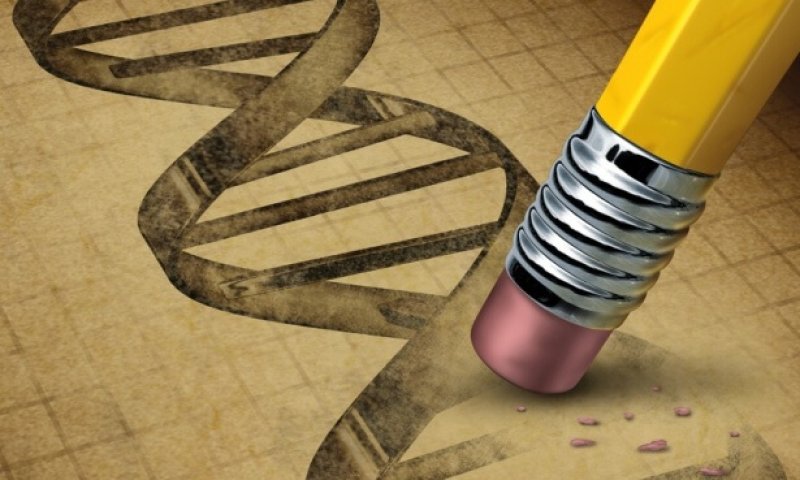The GLP aggregated and excerpted this blog/article to reflect the diversity of news, opinion and analysis.
Ruthie Weiss’s basketball team seemed to be minutes away from its fourth straight loss. But even as she stood on the sidelines for a brief rest, the 9-year-old had not given up. She convinced the coach to put her back in the game. Ruthie scored a quick two points, putting her team in the lead. As the game clock wound down, she scored again, clinching the victory.
What makes Ruthie’s performance even more extraordinary is her DNA. Because of a misspelling in one of her genes, she has albinism: her body produces very little of the pigment melanin, which means that her skin and hair are fair, and that she is legally blind. Her visual acuity is 10 times worse than average. She is still learning to read and will probably never be able to drive a car, but she can make out the basket and her teammates well enough to shoot, pass and play.
In January, Ruthie’s dad Ethan asked her whether she wished that her parents had corrected the gene responsible for her blindness before she was born. Ruthie didn’t hesitate before answering — no. Would she ever consider editing the genes of her own future children to help them to see? Again, Ruthie didn’t blink — no.
The answer made Ethan Weiss, a physician–scientist at the University of California, San Francisco, think. Weiss is well aware of the rapid developments in gene-editing technologies — techniques that could, theoretically, prevent children from being born with deadly disorders or with disabilities such as Ruthie’s.
Read full, original post: Should you edit your children’s genes?































